editors choice
Quillette Editors’ Choice of 2023
Jamie, Jon, Iona and Claire share their favourite essays from this year.
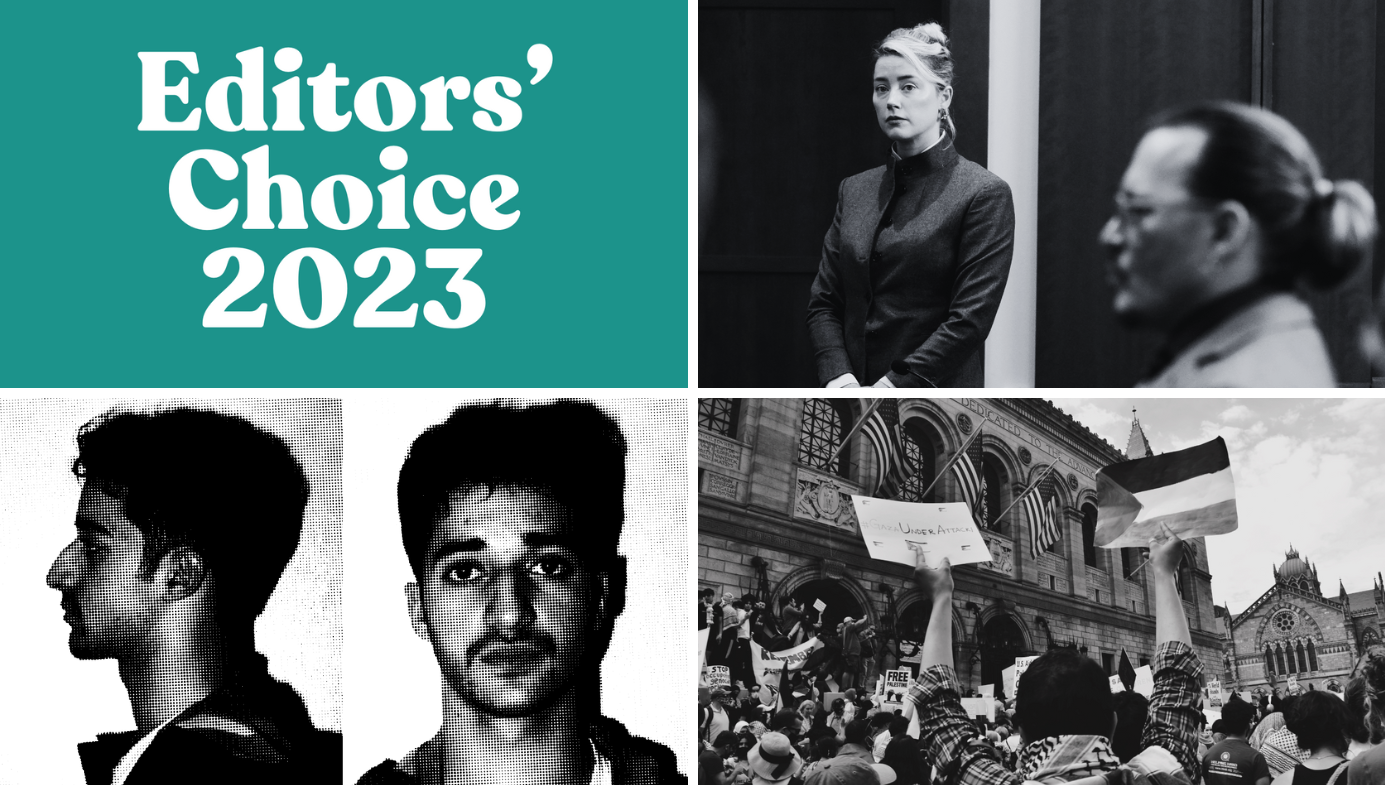
Quillette published approximately 465 articles in 2023, up from 360 last year.
What follows are our editors’ favourite pieces from 2023.
What were yours? Do let us know in the comments section.
Jamie Palmer’s picks
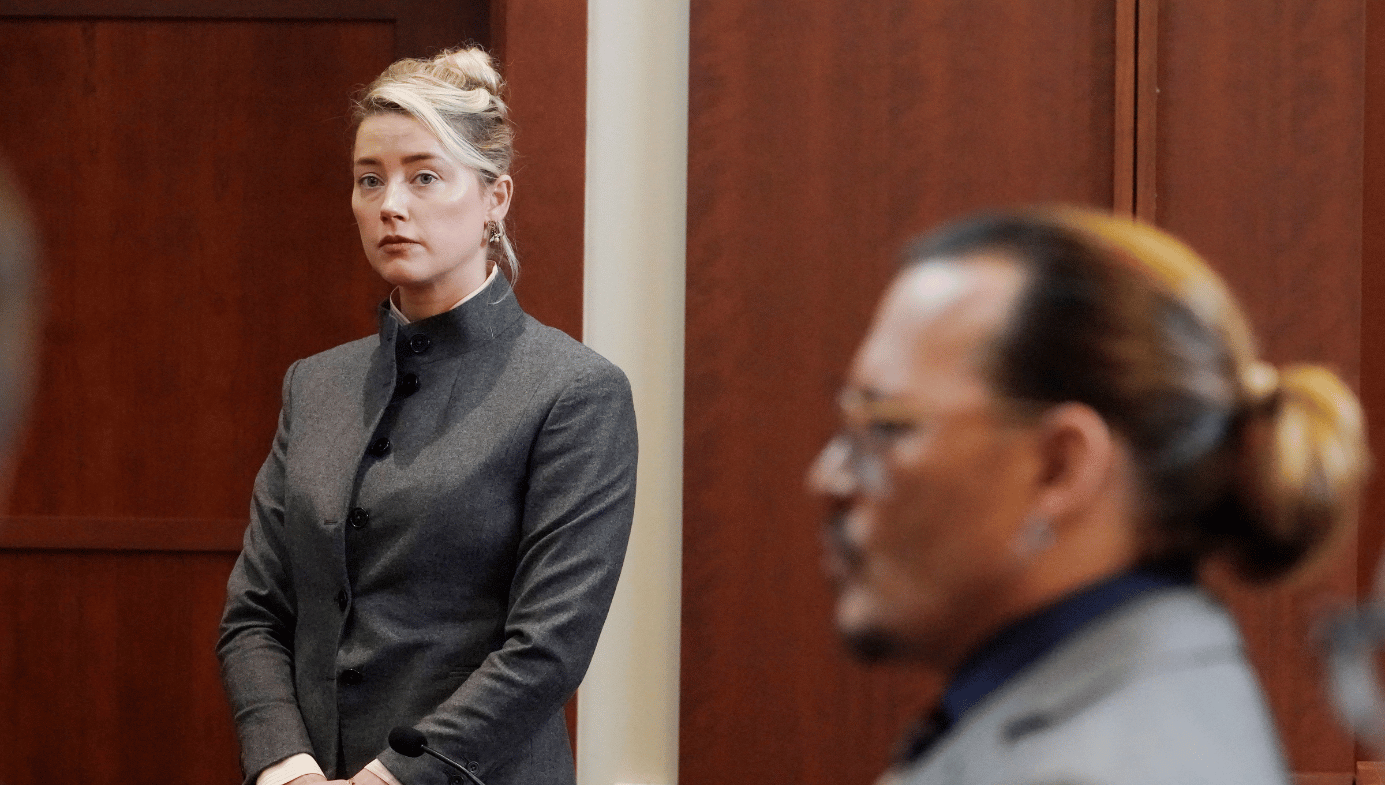
Charlotte Allen’s definitive investigation of the Depp-Heard courtroom saga is at once a thoughtful study of celebrity culture in the social-media age, an exploration of the legacy of the #MeToo movement, and a perceptive glimpse into the bizarre lives of the rich and infamous. An absorbing and beautifully written account of a widely misunderstood story.
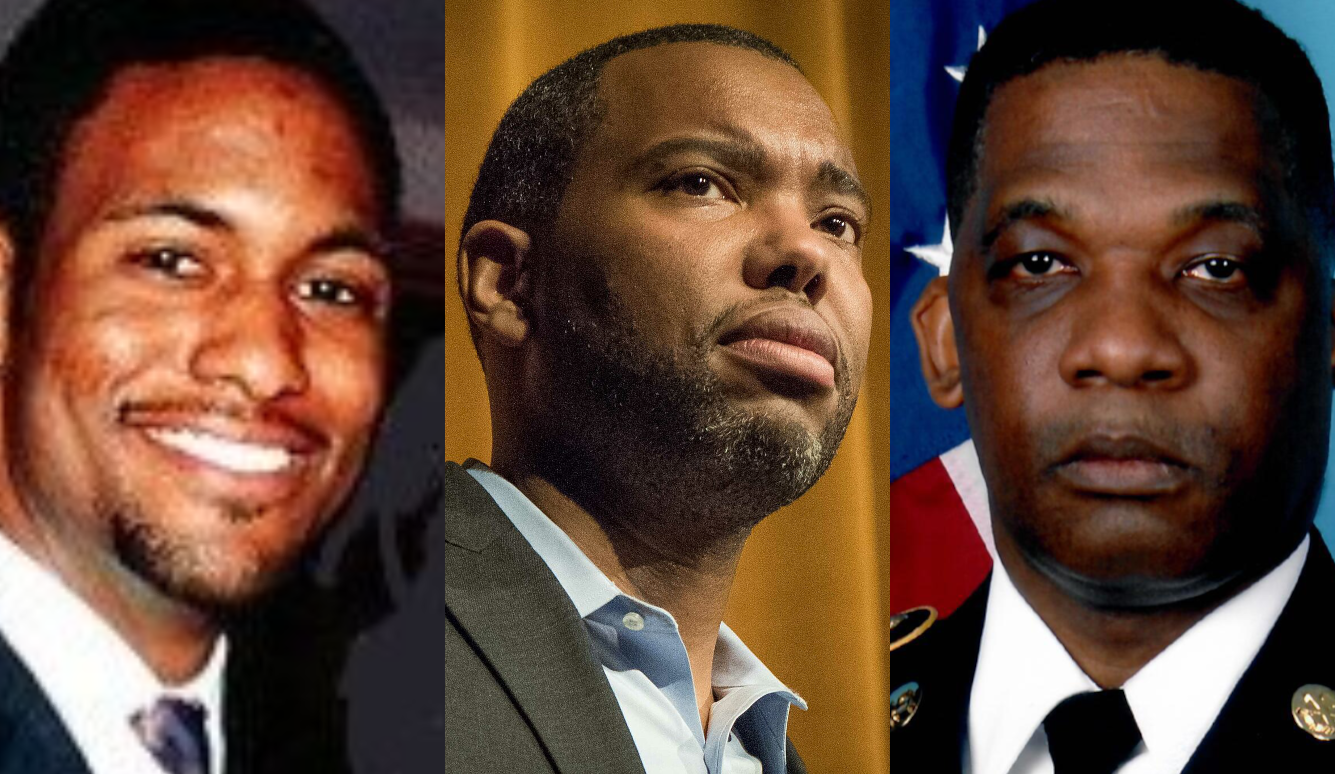
Understanding lethal encounters between US police officers and black suspects can be difficult, especially when the complex dynamics of a particular incident are made to serve ideological narratives that the facts do not support. Here, Adam Gussow offers a forensic study of a single shooting made famous by author and journalist Ta-Nehisi Coates in his memoir Between the World and Me. Gussow introduces each of the dramatis personae in turn before carefully recapitulating the chain of events that led to a tragic case of mistaken identity. Along the way, he demonstrates that Coates’s account of the shooting is tendentious in a number of critical ways—a reminder that uncovering the specifics of who did what and why is invariably more illuminating than attempts to identify patterns of political meaning where they don’t exist.
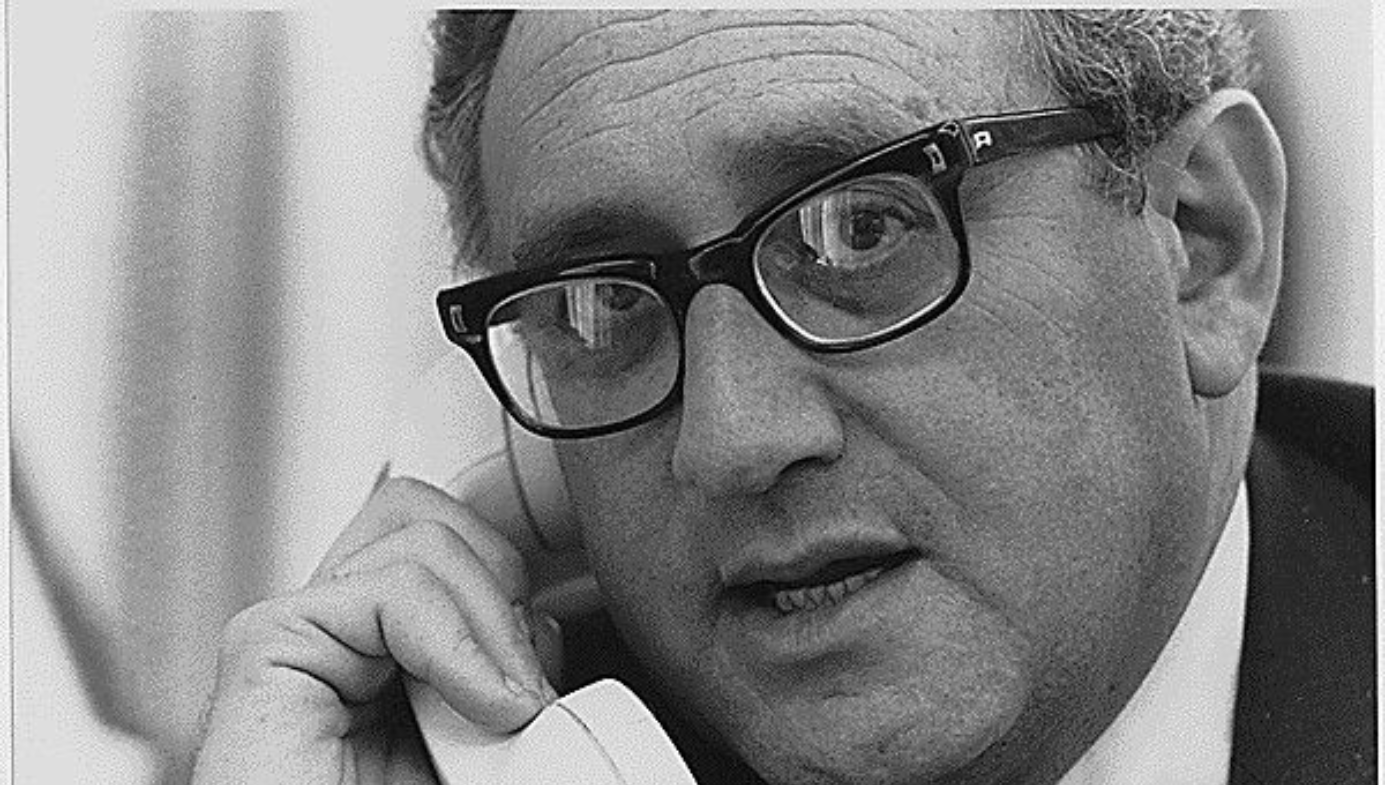
Cold War polemicists like Noam Chomsky and Christopher Hitchens helped to popularise the idea that Henry Kissinger should be held responsible for the atrocities of the Khmer Rouge. According to this version of events, the US bombing campaigns of Cambodia radicalised a stable and neutral country and allowed the communists to seize power. But these persistent attempts to hold America responsible for the crimes of others are not just historically and morally illiterate, they also betray a narcissistic preoccupation with Western sin. This valuable corrective from Lachlan Peters, published shortly after Kissinger’s death, shows that Cambodia was neither stable nor neutral, and that Pol Pot’s rise owed far more to that troubled country’s own internal convulsions.
Jonathan Kay’s picks

Where did COVID come from? It seems like a basic question. Yet it’s remained the subject of both informed scientific disagreement and wild-eyed lay conspiracism since the first cases began appearing four years ago. The Lab-Leak Illusion (August 19), authored by my Quillette colleague Jamie Palmer, offers the best journalistic treatment of this issue that I’ve yet read.
During the course of his research on SARS-CoV-2 (COVID’s causative agent), Jamie became fascinated by the ideologically tribalized online subculture in which this debate has played out. As a result, his essay works on not one but two levels—first as a primer on the (ongoing) virological detective work aimed at identifying COVID’s origins, and second as a meditation on the question of why those arguing for the lab-leak hypothesis remain unmoved by contrary evidence.
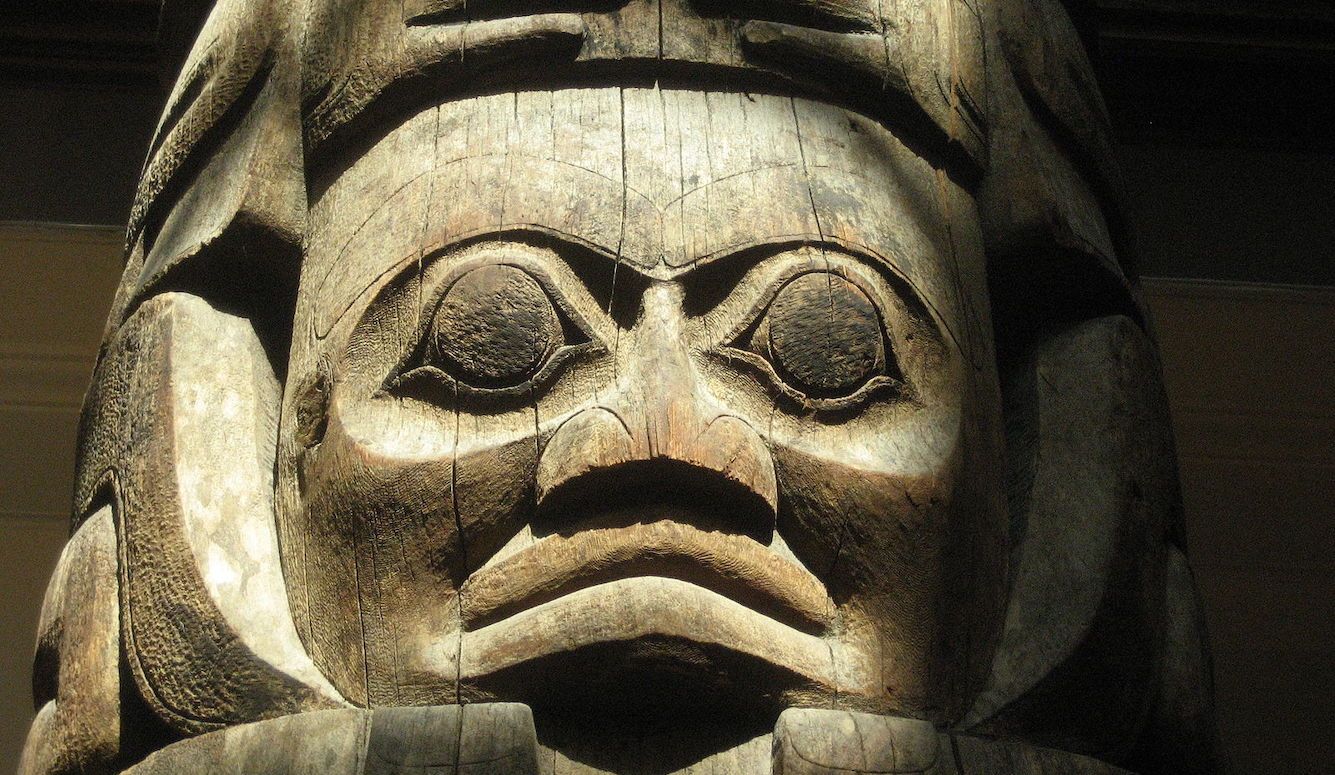
The origin story of Canada, as traditionally told, ranks as perhaps the most boring tale of its type among all the world’s nations—the capsule version of it being that a group of English-descended alcoholics took advantage of a railroad bust on Prince Edward Island (are you asleep yet?) and fears of American expansion to push through a confederated arrangement among separate portions of Britain’s colonial lands. During my life as a Canadian, I have witnessed countless educational, political, and literary projects aimed at getting citizens “excited” about this narrative, always with disappointing results. And it was only recently that I finally found the man who could deliver on that promise—a mild-mannered historian by the name of Greg Koabel, whose Nations of Canada podcast had me hooked from the first episode. Our serialized adaptation of his transcripts, which began with Canada’s First Inhabitants (April 5), easily ranks as one of my top-three Quillette highlights for 2023.
Greg succeeds where so many others have failed because, as the title of his project suggests, he expertly sketches Canada’s creation as an exercise in national syncretism—emerging from the contributions of Wendat farmers, Algonquin hunters, Innu fur-traders, Mi’kmaq fishermen, Iroquois raiders, French explorers, Jesuit priests, Basque sailors, Dutch mavericks, English interlopers, and countless other important actors.
The healthy respect that Greg (properly) pays to Indigenous nations obviously reflects a modern academic sensibility. But unlike many of his academic peers, Greg combines this enlightened tendency with a deep-rooted understanding of traditional European historical sources—especially in regard to England’s Jacobean era and France’s early Bourbon period, when the first successful settlements in what is now Canada were created. As we learn, the court intrigues and commercial machinations that took place in London, Bristol, Paris, La Rochelle, and Amsterdam often had enormous effects on events taking place along the banks of the St. Lawrence, Ottawa, Saguenay, Richelieu, and Ottawa Rivers. It’s an epic tale, and one that I invite every Quillette reader—Canadian or not—to enjoy.
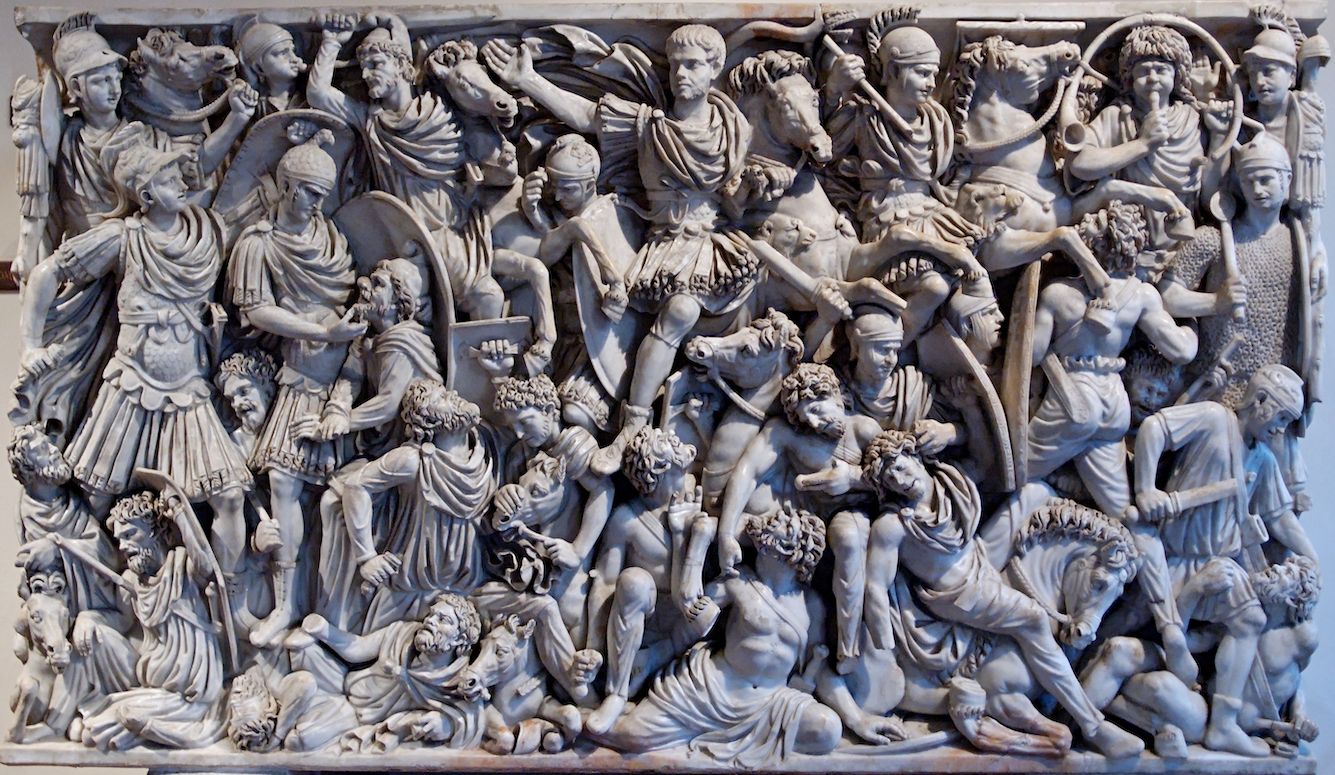
Following up on the same historical theme, my third choice for 2023 Quillette highlight is our serialized adaptation of Herbert Bushman’s Dark Ages podcast, which began with Rise of the Goths (August 31). Where Greg faced the challenge of telling a story that his audience might regard as dull, Herbert had a different problem: confusion. Which is to say that the Dark Ages—a historical period corresponding roughly, in the European idiom, to the ten centuries between the fall of the Western Roman Empire and the Ottoman conquest of Constantinople—featured the rise and fall of too many states, fiefdoms, warlords, Christian sects, and regional alliances to be arranged in any kind of systematic historical sequence that readers (or podcast listeners) could find digestible.
And while the “dark” reputation of the so-called Dark Ages has been rejected as simplistic by modern scholars, the unfortunate truth is that, in many parts of Europe during this period, whole decades, or even centuries, passed without yielding any surviving historical documentation. In the case of the Huns (of Attila fame), for instance, not only did they leave no written records, but no one is even sure what language they spoke. Only three Hunnish words are known to us: medos (mead), kamos, (a barley drink), and strava (feast).
Herbert makes a virtue of necessity by arranging his long-form history in separate arcs, each one tracing the adventures (in the case of, say, Theodoric the Goth or Gaiseric the Vandal, that surely seems like the right word) of the main groups that took control of Europe in the first centuries of the (soi-disant) Dark Ages. Taken individually, each of these arcs supplies all of the coherence and excitement supplied by a well-told history of the Roman Empire (a not-quite random comparison, given the debt that long-form historical podcasters such as Greg and Herbert owe to Mike Duncan’s seminal History of Rome). Thus do we start with the Goths, before moving on to Vandals, Huns, Franks, and others.
In some cases, these arcs will converge on the same historical episode, thereby creating a fascinating Rashomon effect. The 451 C.E. Battle of the Catalaunian Plains, for instance, is related several times, from the varying perspectives of the Roman general Aetius, the Goths, and Attila the Hun.
None of Herbert’s skills can fully compensate for the sheer barrenness of the historical record during the period he is describing: The Dark Ages may not have been dark, but they were certainly faintly illuminated. Within such unavoidable limitations, however, it’s hard to imagine any storyteller doing more to bring narrative order to this famously disordered period in European history.
Iona Italia’s picks

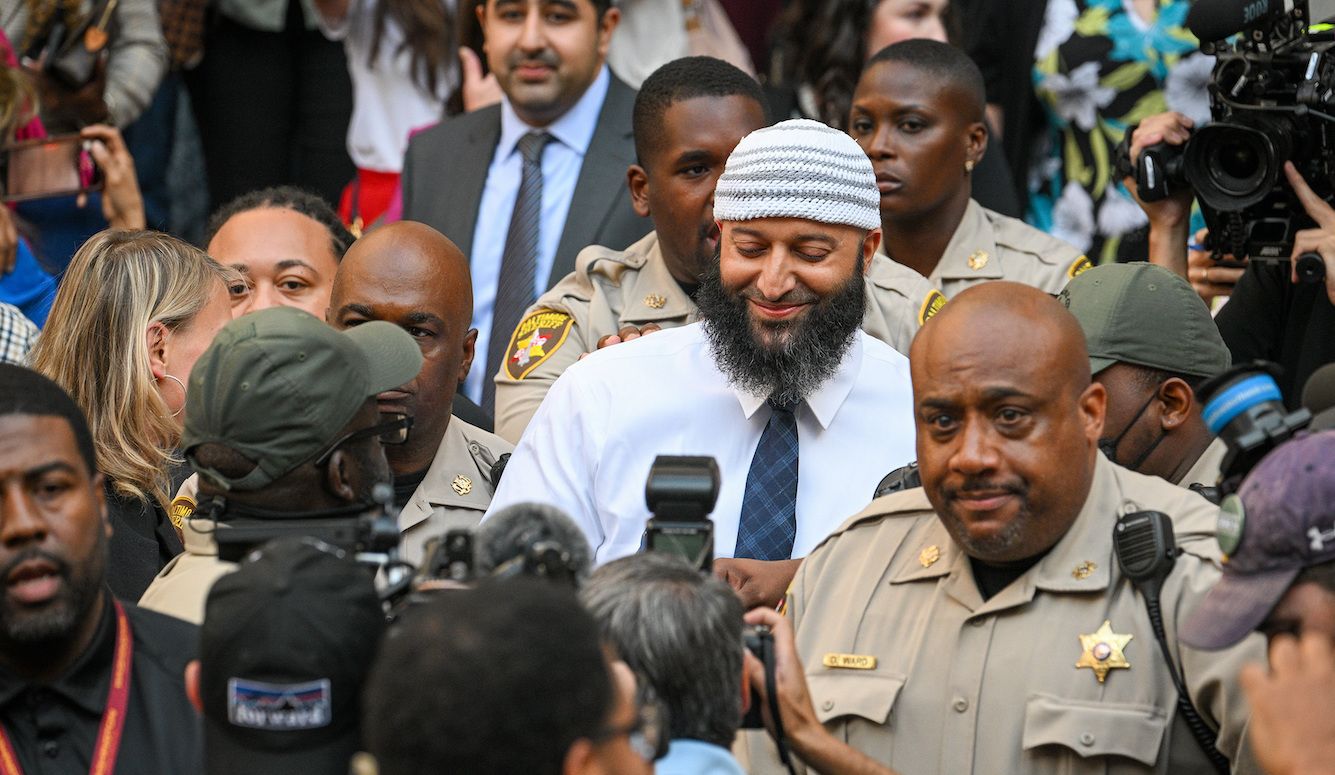
In this carefully researched and meticulously argued long-read two-parter, legal expert Andrew Hammel dissects one of the most fascinating murder cases of recent years. The story of how Syed came to be granted his liberty—despite the fact that his conviction for murder has never been overturned—reveals how the perpetrator's internet fame can pervert the course of criminal justice. Hammel's account provides an important corrective to the more pat narratives presented by Serial and other true-crime documentaries, while being as compulsively readable as any of those more partial reports.

In this exquisitely crafted but emotionally raw piece of memoir writing, Steve Salerno documents his fraught relationship with his younger son: a boy with a violent, uncontrollable temper who rejected all his father's attempts at emotional closeness. Salerno captures the essence of a troubled father-son relationship with devastating clarity and in beautiful literary prose. Like all the best personal essays, Salerno's piece focuses not just on what happened but on how it changed the writer and what we can all learn from his experience. It also made me cry.
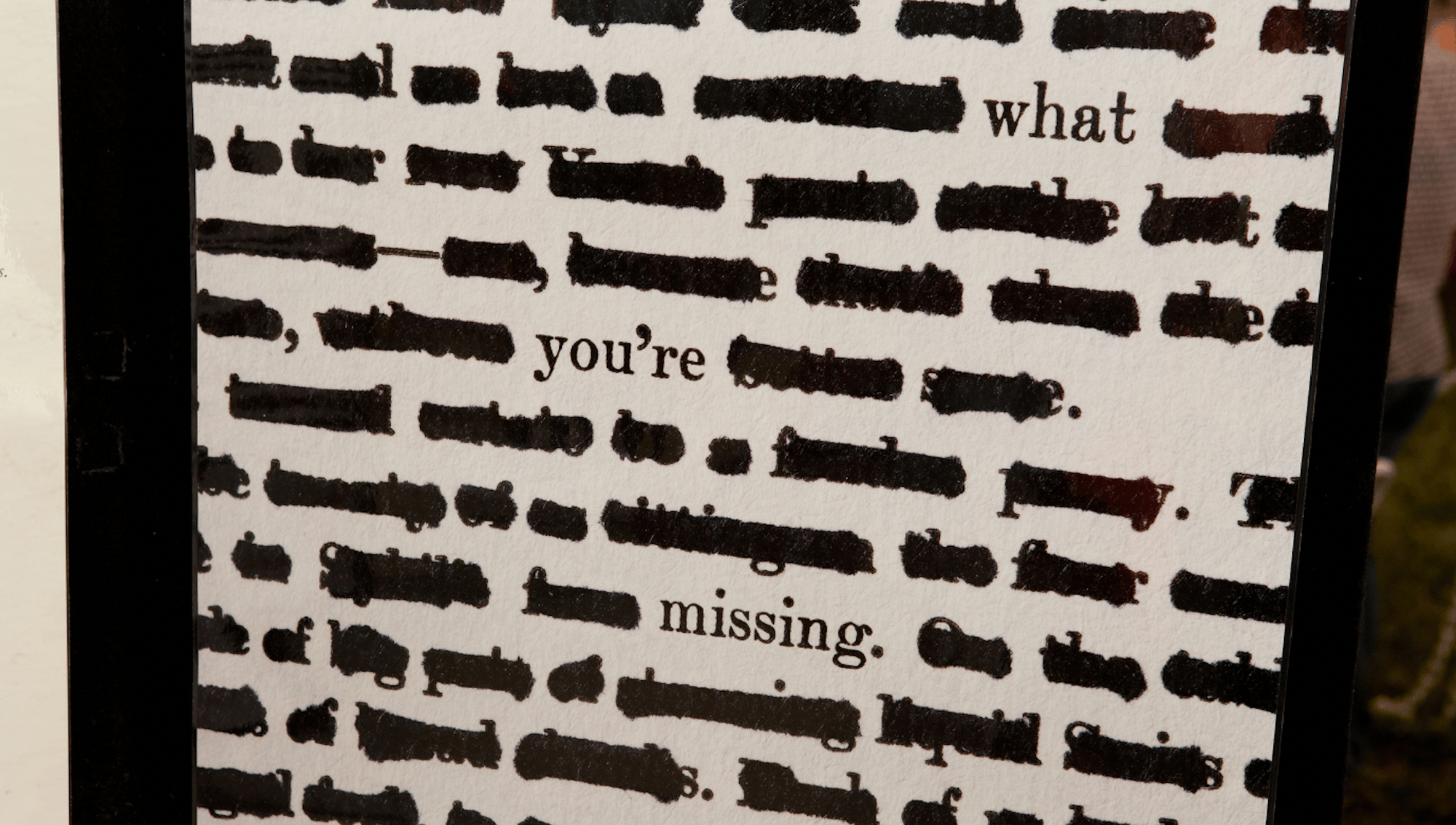
Philosopher Oliver Traldi sets out clearly and logically the absurdity of the priggish and doctrinaire focus on word choices that amounts almost to a mania for some progressive activists. Steven Pinker's explanation of the "euphemism treadmill" phenomenon already demonstrated that it is attitudes and not words that matter—but the idea that the words we use govern our conception of the world is a stubborn fallacy, hard to debunk. Traldi dismantles this misconception with eloquent ease and satisfying humour.
Claire Lehmann’s picks

After the events of October 7th, the global left found itself in a bind, bouncing between periods of stunned silence, mealy mouthed banalities, and moments of shameful celebration. Susie Linfield's essay The Return of the Progressive Atrocity documents the most egregious examples of this moral confusion, framing them within the broader backdrop of the left-wing radicalism of the 20th century. Linfield's essay is marked by an intensity and accelerating cadence, culminating in a powerful and damning conclusion.
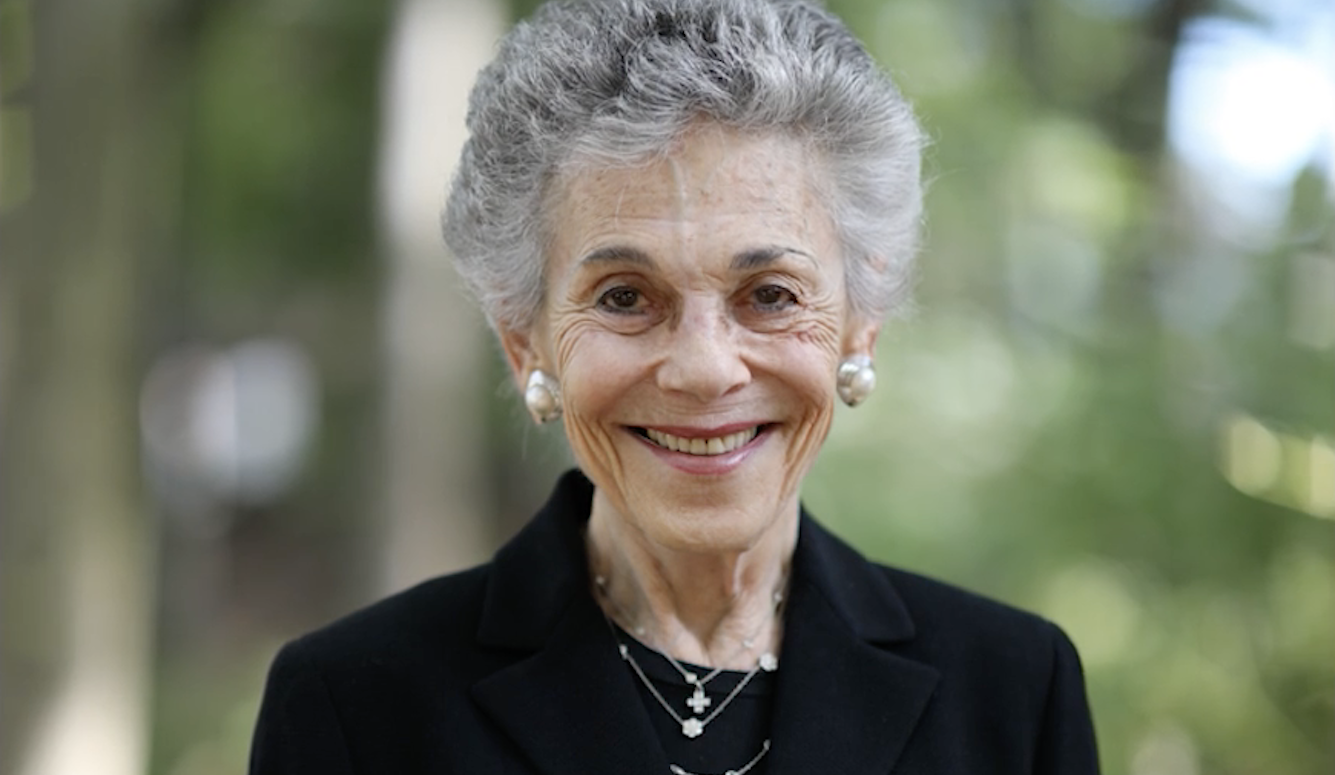
I am ambivalent about euthanasia. It's a bioethical issue which has persuasive arguments on both sides. After reading the compelling story of Faith Sommerfield and her assisted suicide in Switzerland, I remained as uncertain as I was before, however, it did shed light on the psychology of the euthanasia patient, the impact they have on others, and the moral complexity that onlookers must face. The essay challenges the reader both emotionally and intellectually, and its authors, Brent M. Kious (a psychiatrist) and Margaret Pabst Batten (a bioethicist) do not proselytise for a particular position. They instead present an honest and unsentimental account of one woman's story—leaving the reader to make up their own mind.

Kevin Mims is a treasured and regular contributor to Quillette, and he demonstrates his expert command of style and subject in this piece. In it, he reflects on his own writing career, which has not (yet) achieved the dazzling successes of pop-fiction idols such as Michael Crichton. However, career accolades are not everything, argues Mims, as he reflects on the deep happiness he has found in his enduring marriage to his wife, Julie. On Marriage and Happiness is a short and simple essay, yet it captures a lifetime's worth of wisdom with masterful skill.






